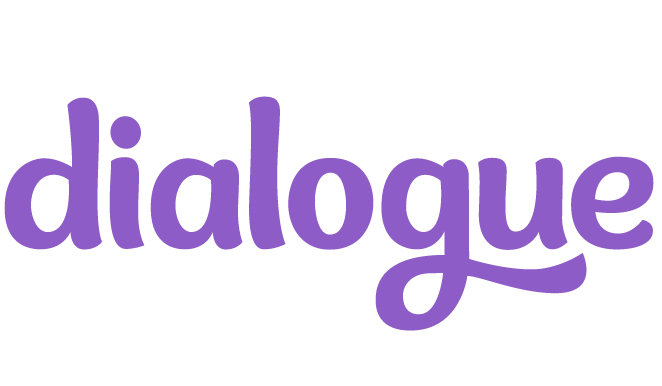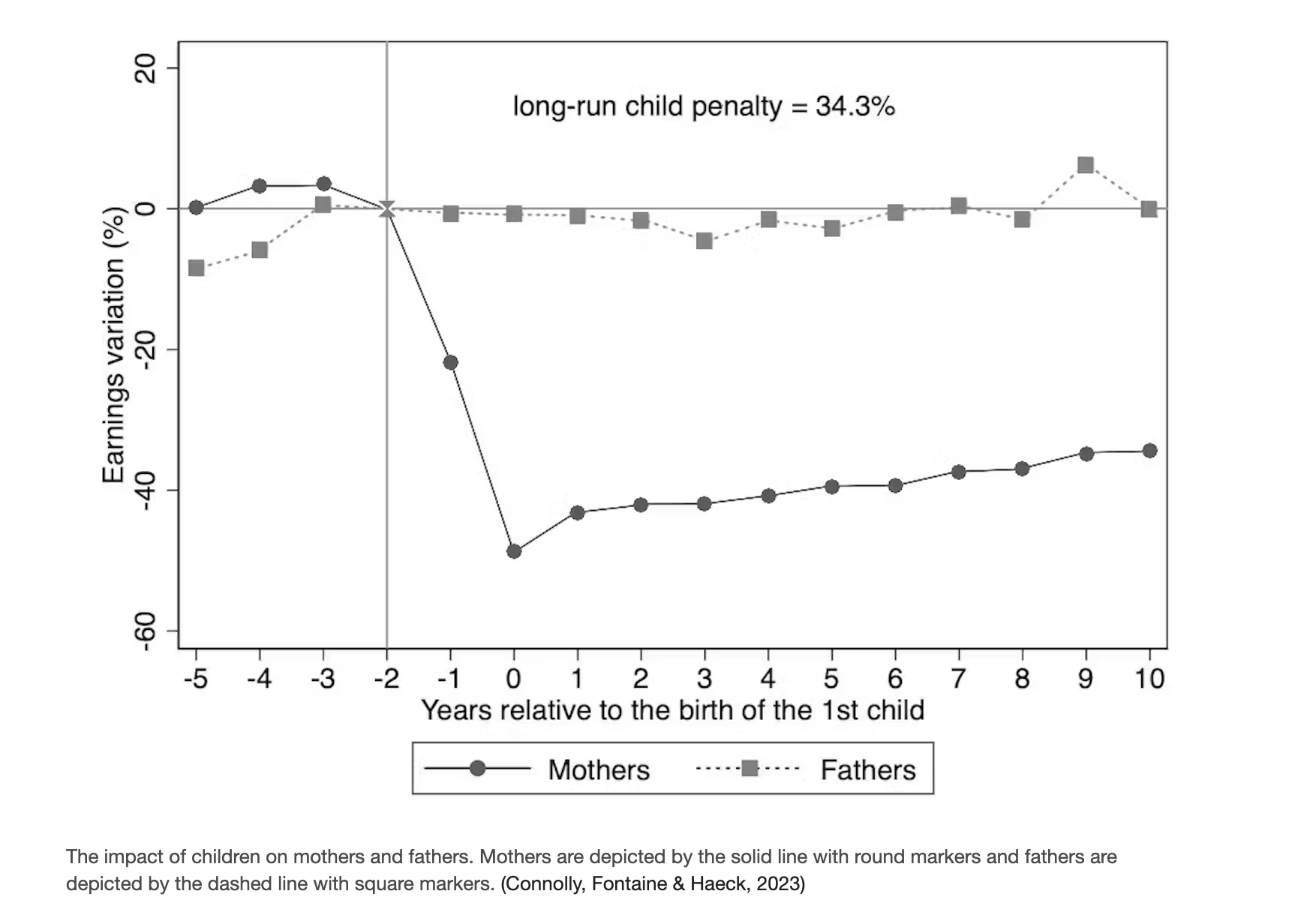Globe & Mail Feature: Job-Hopping
Job-hopping is a hot topic. So, it was no surprise when a writer for the Globe & Mail reached out to ask me about it.
Click here for the full article that gives a balanced look at how employers and employees can look at this stigmatized career strategy. I use the word “strategy” for when moving positions is done purposefully to fill in developmental gaps that help you reach your ultimate career goals. Of course there are also circumstances where it appears to be “job-hopping” but you were laid off and this was out of your control.
I want to speak more to this below to provide more context on the opinions given in the article. Especially if you’ve been thinking of a career move and are afraid that if you aren’t happy with it, you’ll be forced to “hop” again. Or, if you’ve only been in your role for less than 2 years and are dissatisfied and feel like you’re stuck.
The Fear & Stigma
You’ll see where a lot of the stigma comes from in the Globe and Mail article. But I wanted to add a gender and racial lens to this conversation.
Most people are scared of job-hopping. As humans we crave stability. But what makes the difference between being scared and staying put, and being scared but taking the leap?
Gender definitely plays a role. Often, women (especially women of colour), are told to “be grateful” when we ask for more. I hear from my clients all the time when they are laid off that “it was a blessing in disguise.” Once they move on and are forced to learn how to develop their own career, they are more fulfilled, less burnt out, and more confident. Studies show that women are given more subjective, often conflicting feedback, also known as a double-bind. Men receive more objective feedback with a direct link to putting them on a path for promotion. Women are seen for their performance sustained over a long period of time, where men are assessed as a whole person, for their future potential. I would see this phenomenon play out during talent conversations when I worked in HR. “She lacks-self awareness, I don’t trust her.” “He has the capacity and people skills to be our next Director of Engineering,”
Job-hopping Strategic career planning, is an option for anyone who wants to take charge in their career and can especially benefit women who are experiencing systemic barriers to being seen and developed for their true potential. Of course this is especially hard when we work in environments that are highly competitive and confidence-crushing. So, 90% of this is psychological work and the rest is getting your job search strategy aligned to your goals and experience. Crafting a compelling narrative is key.
Why Consider Job-Hopping
It’s important again to be aware of your conditioning around “job-hopping”. Even re-branding this as “strategic career moves” or “personal value alignment” can be helpful framing.
You might not feel ready for more responsibility, but that doesn’t always matter as much as you think it does. First, even lateral moves give us an opportunity to negotiate, especially when applying to a new company. Second, women more often than men wait to apply for jobs until they feel approximately 80-100% qualified, where men will apply if they feel 60% qualified. The best career development happens on the job, and if you’re taking on more to get the development you need, you might as well be compensated for it. And, you can always hire a coach, like myself to help you develop the leadership skills to perform well at the new level without burning out.
Also, you know that gender pay gap you keep hearing about? One of the reasons this exists is because women’s careers tend to advance slower than men’s. For example, one study from Denmark has found that the motherhood penalty resulted in a 20% decrease in future earnings. Another Canadian study saw the same trend, negatively impacting mothers, but fathers pay after having their first child was unaffected. This study found that mothers’ earnings decreased by 49 per cent the year they had their first child, with a penalty of 34.3 per cent 10 years after.
Another study published in Forbes, shows that staying in roles longer than 2 years results in a 50% decrease in potential future earnings. Even though this study is from 2014, in my HR career and now as a career coach, I have observed this to be true. And Gen Z is more likely to job-hop, with 27% planning a move in positions within the next year. My prediction is that with the rise in freelance work, changes to hiring and retention strategies, and decreasing company loyalty, this will continue to become more normarlized.
As long as your story matches your resume (there are tricks to this!), and you are spending time working on your career (not just in your job) it might be a strategy you try out, even for a short stretch of your career where you have capacity for transitions. Also, make sure it’s not being used in a way to avoid accountability or personal development when things get hard. I help clients navigate this as it can often be tricky to determine how much is an issue with the position and/ or environement, versus a developmental opportunity to work on in tandem with your overall career development.
If this is something you want to chat about, book a free intro call with me, and we can talk about whether I can help you with this, or any other career issues you are experiencing.


